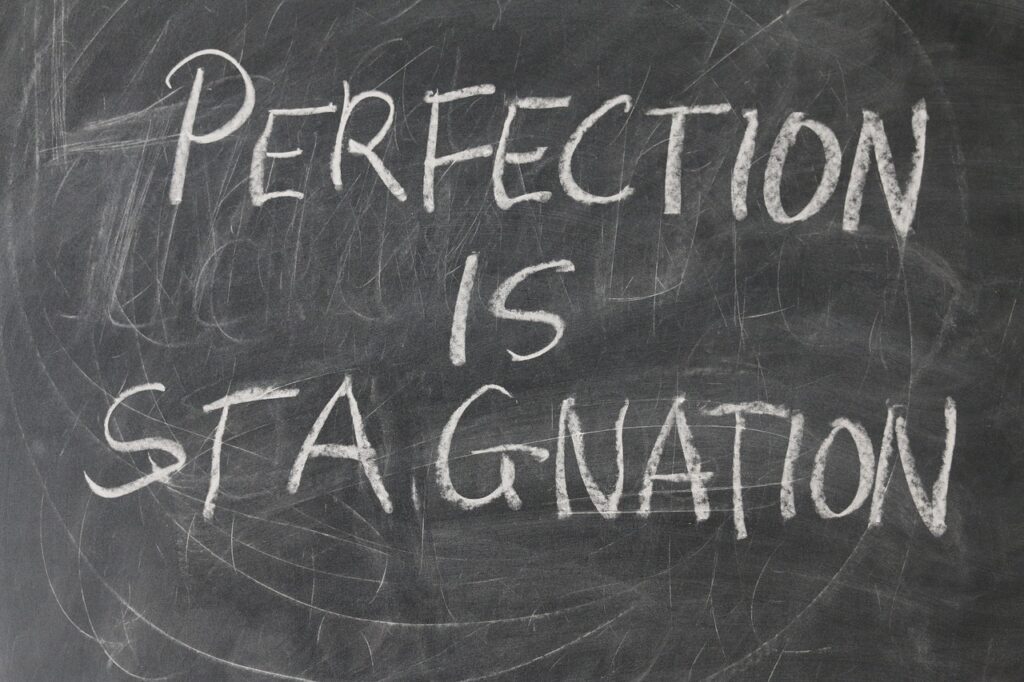This post contains affiliate links.
I just finished a fantastic audiobook, The Element by Ken Robinson, Ph.D., filled with discussions and ideas around education and the idea of finding your element—”the point at which natural talent meets personal passion”. The book explores ideas around intelligence, imagination, creativity, and one’s dedication to their gifts, passions, and capabilities. It is a powerful paradigm shift and wonderfully encouraging to those of us who choose to homeschool (or unschool in our case) because doing so allows us to foster the natural curiosities and interests of our kids. Of course, his discourse is equally applicable to folks like me, who are well beyond our years of education but are still learning about ourselves and our passions. In other words, it encourages everyone, whatever their age or education or where they are in their life’s journey, to think differently and consider how creativity and innovation is really a matter of thinking differently about what’s possible.

These ideas are not new to me, but it was great to find someone who has put into words (and with research to back it up) why our family engages in an unschooling homeschooling approach. Robinson’s words and ideas further encouraged me to help our teenagers dig deeper into the project-based learning we are embarking on over the summer, specifically around subjects and creative ideas the girls have a deep and vested interest in. For me, these projects are not only about the specific subject matters, they are as much, if not more, about helping them to stop projecting broken ideas and thought patterns around themselves, their interests, and, most importantly, their creative efforts.
Over the years, I have followed and read various books by Jon Acuff (Soundtracks), Mel Robbins (The High 5 Habit, The 5 Second Rule), Steven Pressfield (The War of Art, Do the Work), Andrew Peterson (Adorning the Dark), and others. Many of these writers/speakers write or talk about the ways we tend to get in our own way and keep ourselves from doing the work we are designed and created to do. My favorites are the creatives, but there is as much to learn from the others as they talk about overcoming our inner critic, the voice of doubt & fear, broken soundtracks, and other internal projections that stand in our way of becoming who we are meant to be. In other words, we project ideas about who we think and, honestly, those projections tend to be more wrong than right.
To help our girls in this area, we have read some books (like Your New Playlist and The Fallacy Detective) to help them think differently, even better, about who they are and the work they create. As you may know from your own efforts in this area, this is slow work. Important, but slow-going work. Admittedly, none of us are as consistent here as we could be with shifting our thoughts. Enter some new project work.
As a writer, I know firsthand and have experienced too often the doubt and fear that comes with creative work. But, even more, I have run into the inner critic at her absolute loudest decibel, screaming at me that I am a fraud, an awful writer, someone who has nothing new or worthwhile to share. Steven Pressfield often refers to this voice as the Resistance and Jon Acuff calls these kinds of repeating thoughts, broken soundtracks. In order to break through these obstacles, we need to think differently. But, even better, the best strategy for overcoming these challenges is showing up and doing the creative work or taking on the project we are afraid of doing—afraid we will do it wrong, afraid we will do it imperfectly, afraid we will look incompetent (or, in the words of my teens, stupid) along the way.

Isn’t this just what Resistance wants us to think? Isn’t this wrong idea exactly what broken soundtracks are built on? Isn’t this what less visionary people around us, the ones who believe you can’t pursue creative work and be successful or who question ideas of what’s truly possible based on the status quo ideas we learned in school that are outdated or skewed?
What better way for my girls to learn about themselves and to discover what’s possible for them and in the world at large than to engage in projects around their strengths and interests and passions? What better way to exorcise some of their inner critic railings than by showing up and doing imperfect work in the form of initial efforts or first drafts? What better way to change how they think than to provide opportunities for them to think differently about subjects that intrigue them? And, so, these learning-based projects are really stop-projecting projects. Stop projecting lies about yourself on yourself. Stop projecting the idea of perfection over progress but engage in imperfect progress. Stop projecting fear and doubt on your ideas and passions.
Will this be easy for any of us? No. Will it be worth the effort for each of us? Yes. I wholeheartedly believe we are, all of us, created for things we have difficulty imagining. But, I am excited that I have the opportunity to help each of our girls discover those truths about themselves and in themselves. The truths I tend to see in them more easily than they see them in themselves. But, each and every time they show up for themselves in these kinds of projects, I am certain they will discover these things, allowing them to become exactly who they are created to be and doing things that will matter in ways they don’t even realize yet.

Trackbacks/Pingbacks